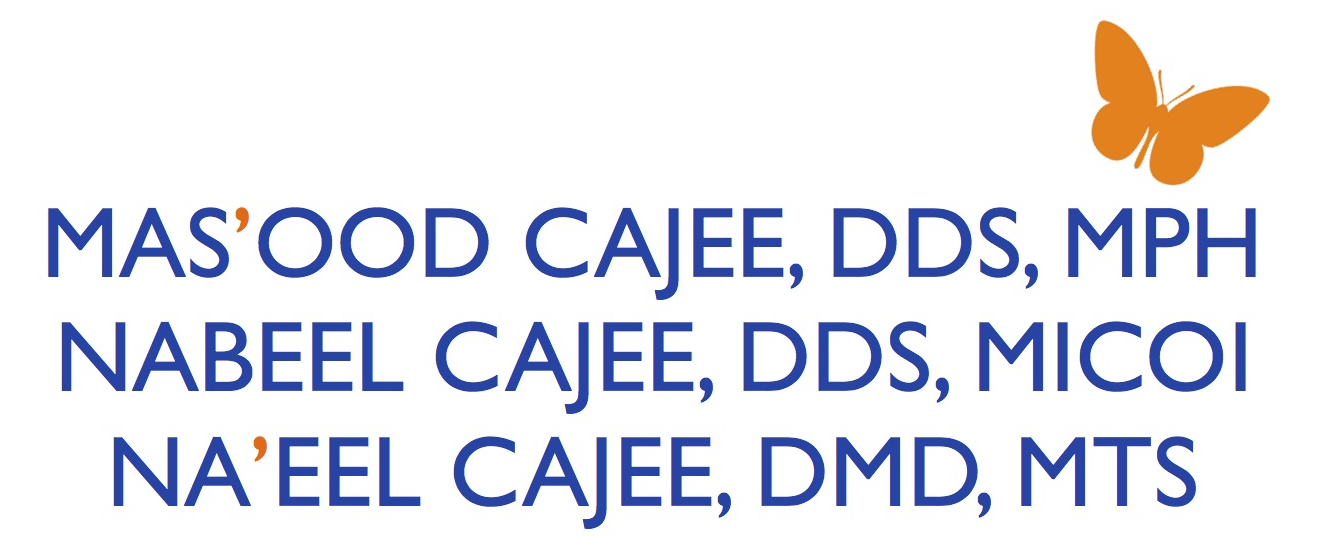5 oral health risks of smoking or chewing tobacco
/Tobacco is a harmful substance that can have many negative effects on the body, including oral health. Smoking and chewing tobacco can lead to a variety of oral health risks, which can cause serious health problems over time.
The Oral Health Risks of Smoking or Chewing Tobacco
Smoking or chewing tobacco can cause a variety of oral health problems, including:
Bad Breath: Tobacco use can cause bad breath that can be difficult to get rid of.
Stained Teeth: Tobacco use can cause yellow or brown stains on the teeth, which can be difficult to remove with regular brushing and flossing.
Gum Disease & Tooth Loss: Tobacco use can cause gum disease, which can lead to bleeding gums, tooth loss, and other serious oral health problems.
Oral Cancer: Tobacco use is one of the leading causes of oral cancer, which can be life-threatening if not detected and treated early.
Tooth Decay: Tobacco use can cause tooth decay, which can lead to cavities, tooth sensitivity, and other oral health problems.
Why Smoking or Chewing Tobacco is Harmful
Smoking or chewing tobacco is harmful to oral health because tobacco contains harmful chemicals, such as nicotine and tar, which can cause damage to the mouth and throat. Nicotine is a highly addictive substance that can make it difficult to quit smoking or chewing tobacco, even when you know it is harmful to your health.
In addition to the harmful chemicals in tobacco, smoking and chewing tobacco can also cause a decrease in saliva production. Saliva helps to neutralize acids in the mouth and wash away harmful bacteria and food particles, which can lead to tooth decay and gum disease.
What You Can Do to Protect Your Oral Health
If you smoke or chew tobacco, it is important to take steps to protect your oral health. This includes:
Quitting Smoking or Chewing Tobacco: Quitting smoking or chewing tobacco can greatly reduce your risk of developing oral health problems. Talk to your doctor or dentist about resources and support to help you quit.
Practicing Good Oral Hygiene: Brushing and flossing regularly can help to remove harmful bacteria and food particles from the mouth, which can help to prevent tooth decay and gum disease.
Attending Regular Dental Checkups: Regular dental checkups can help to detect oral health problems early, when they are easier to treat. Your dentist can also provide advice and support to help you maintain good oral health.
Conclusion
Smoking or chewing tobacco can have serious negative effects on oral health, including bad breath, stained teeth, gum disease, oral cancer, and tooth decay. By quitting smoking or chewing tobacco, practicing good oral hygiene, and attending regular dental checkups, individuals can protect their oral health and reduce their risk of developing serious oral health problems.
References:
American Dental Association. (2018). Tobacco and Oral Health. Retrieved from https://www.mouthhealthy.org/en/az-topics/t/tobacco-and-oral-health
Centers for Disease Control and Prevention. (2021). Smoking and Tobacco Use: Health Effects. Retrieved fromhttps://www.cdc.gov/tobacco/basic_information/health_effects/index.htm





